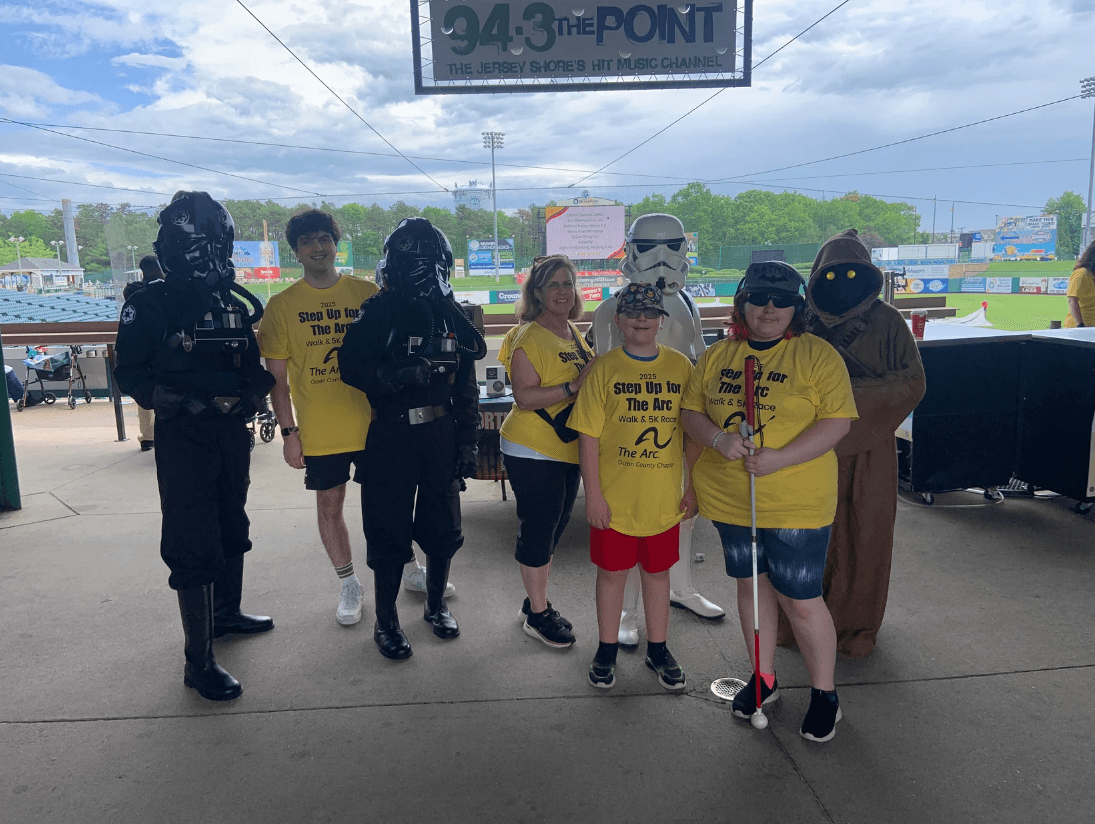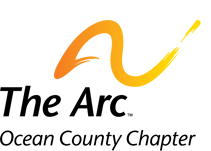
Partnering for Progress: Strengthening EDGE through Program Evaluation
Written by: Rutgers University Center for Effective School Practices
Strategic partnership delivers enhanced evaluation tools, improved student outcomes, and unprecedented program engagement.
Program Director Perry Sandler partnered with Rutgers CESP to strengthen evaluation of the EDGE program for vision-impaired students. The collaboration enhanced data collection, organized programming into themed quarters, improved outreach, and delivered measurable results including increased student confidence and record program enrollment.
When Program Director Perry Sandler wanted to better understand the impacts, successes, and opportunities of the EDGE program, he turned to the Rutgers University Center for Effective School Practices (CESP) — and found exactly the support he needed.
EDGE, which stands for Employment, Development, Guidance, and Engagement, is a transformative, year-round program funded by the New Jersey Commission for the Blind and Visually Impaired. Offered by The Arc of Ocean County, a non-profit organization for individuals with intellectual and development disabilities, the program provides a blend of instructional workshops, hands-on experiences, and direct support to blind and vision impaired high school and college students.
Over the years, Sandler had personally witnessed how EDGE positively influences the lives of its students. But he also knew there was room for improvement, especially when it came to educational programming, outreach, and engagement. That’s where CESP stepped in as a powerful partner.
Measuring Influence
As program evaluators, CESP’s main goal is to understand the impact that the EDGE program has on its students. Sandler had already been leveraging pre- and post-program surveys to track student progress and gather their feedback; however, the system was cumbersome, and the insights weren’t always easy to analyze or share. “Rutgers helped us enhance and refine our evaluation process so we could gather answers electronically and post them to a database for easy access and reporting,” says Sandler. CESP worked to develop a mixed methods evaluation plan that centers the program’s many stakeholders: program staff, parents, transition counselors, and, of course, the students themselves.
With a structured reporting system and better data, Sandler and his team could clearly see not just that students were growing—but how. “Many of them have more than one disability, which means they face several barriers,” he explains. “Though they don’t always tell us whether they’ve improved, we can see it. But, now, we’re able to measure it through statistics.”
Those numbers tell a powerful story: over the course of the year, high school students in the EDGE program feel more confident that they can succeed in college and complete their coursework; college students report increased advocacy skills and feel more prepared for future employment. “Our partnership with Rutgers is absolutely part of the reason we see this success,” Sandler says.
Amplifying Impact
Having a more nuanced program of the program, its operations and processes, and its impacts is a key step in making targeted, informed improvements. Drawing on expertise in educational programming, CESP Research Associate David Amiel has played a key role in enhancing the organization’s overall operations. “David’s been very involved in our events and programming,” Sandler says. “He’s very dedicated and we’ve come to rely on him as a member of our team.”
Amiel has helped organize EDGE workshops into quarterly themes, like self-improvement or career readiness. “We used to jump around in terms of our workshop topics,” Sandler explains. Now, the EDGE program sends monthly emails to parents, students, and the CBVI team to ensure everyone is aligned on topics and upcoming events; for students, this means that they are getting a single, reinforced message from many of their support systems each month. Feedback shows that this tactic resonates with EDGE students, who describe it as more relatable and engaging. The EDGE program is seeing record enrollment and attendance at programming.
Amiel also helped launch a monthly e-newsletter, create RSVP systems, and think through social media engagement, initiatives that were previously out of reach due to limited staffing. “It’s been a great experience working with David, and he’s a big reason why we enjoy working with Rutgers,” Sandler says. “His insights and expertise have been a driving force in our success, and he’s been a great help to us.” Rutgers CESP is excited to embark on the third year of their partnership this summer.
